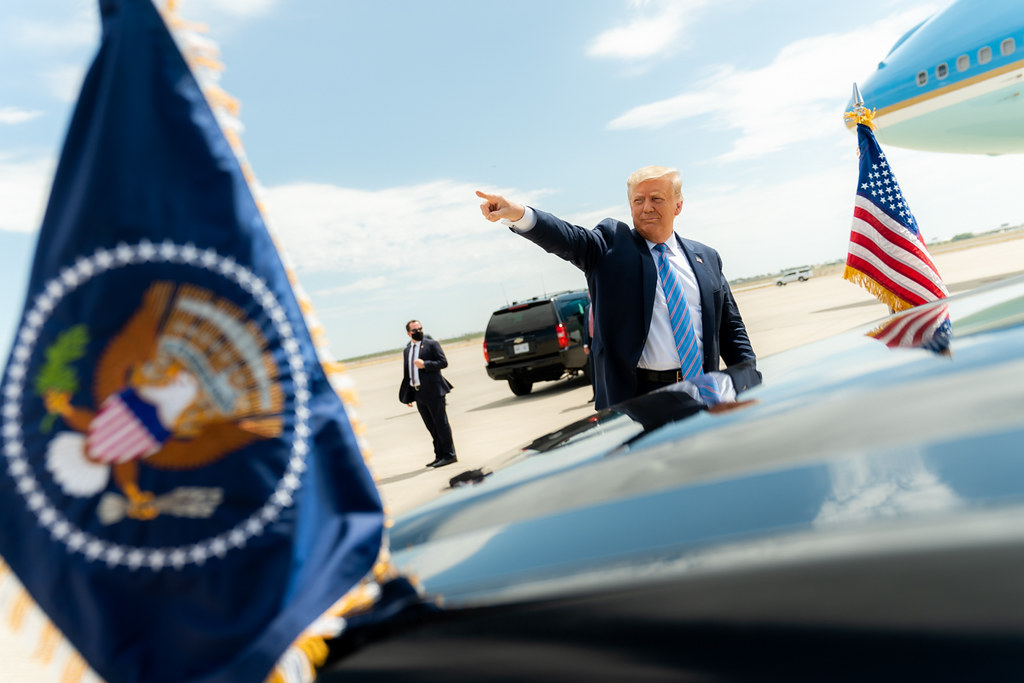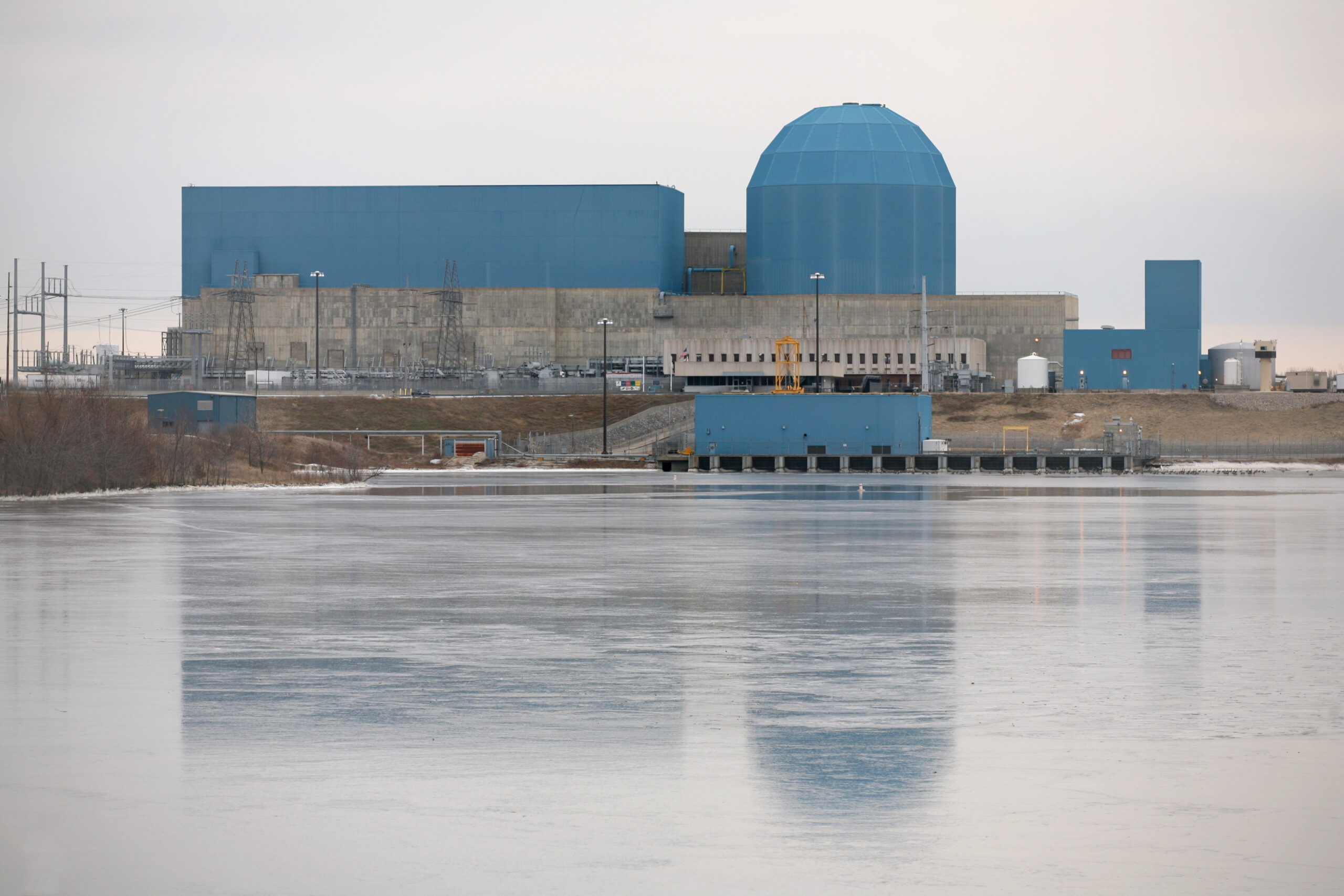As the U.S. presidential election nears, the crypto community is keenly observing potential impacts on the cryptocurrency markets, especially memecoins. Omid Malekan, a finance professor at Columbia Business School, recently suggested that a Donald Trump presidency might usher in a bearish phase for memecoins, linking their fate to broader regulatory changes.
Malekan’s Analysis of Economic Populism and Crypto
In a post on October 26, Malekan described memecoins as “a form of economic populism,” serving as a protest against unfair practices within the crypto market, particularly those associated with venture capital-backed and insider coins. He posited that Trump’s potential regulatory changes could shift focus away from speculative tokens to decentralized applications (DApps) and other foundational crypto elements, potentially leading to a prolonged bear market for memecoins.
Malekan’s comments come amid broader speculations about how a Republican administration could reshape the crypto regulatory landscape. He argues that a “Republican sweep” could reintroduce more liberal policies such as initial coin offerings (ICOs) and token airdrops that were previously curtailed under current regulatory pressures influenced by figures like Senator Elizabeth Warren and SEC Chair Gary Gensler.
| Stakeholder | Viewpoint | Influence |
|---|---|---|
| Omid Malekan | Believes regulatory sanity under Trump would harm memecoins. | Theoretical and market analysis |
| Nic Carter | Links memecoin popularity to oppressive SEC regime. | Commentary on regulatory impact |
| Murad Mahmudov | Argues memecoin popularity is driven by global monetary policy. | Contrasts political influence |
| Jordan Fish (“Cobie”) | Says memecoin popularity is due to limited early access to non-memecoins. | Perspective on market access |
While Malekan and others like Nic Carter view regulatory changes under Trump as potentially restrictive for memecoins, other commentators disagree. Murad Mahmudov, for instance, contends that memecoin buyers are largely indifferent to politics, driven instead by global monetary expansion. Similarly, crypto trader Jordan Fish argues that the allure of memecoins lies in their potential for profit, not their regulatory environment.
Trump’s campaign has made notable promises regarding crypto regulation, proclaiming ambitions to make America the global capital of cryptocurrency. This rhetoric has resonated with a segment of the crypto community, as evidenced by polling data showing significant support among crypto owners in key swing states.
With the election just days away, the competition between Trump and Democratic nominee Kamala Harris remains tight, with both candidates nearly even in polls. The crypto community’s support appears split, highlighting the diverse priorities and interpretations of what the candidates’ policies might mean for the future of cryptocurrencies.
Navigating the Confluence of Politics and Crypto Innovation
The intersection of cryptocurrency with political discourse highlights a fascinating dynamic where technology meets governance. The upcoming U.S. election serves as a stark reminder that while cryptocurrencies are global in nature, national policies can significantly influence market conditions. For investors and enthusiasts, the political endorsements or rejections of crypto by leading candidates are not just campaign fodder but could dictate the pace and direction of cryptocurrency adoption and regulation. As such, staying informed and critically analyzing candidate positions should be a paramount strategy for anyone deeply invested in the future of blockchain and digital currencies.










